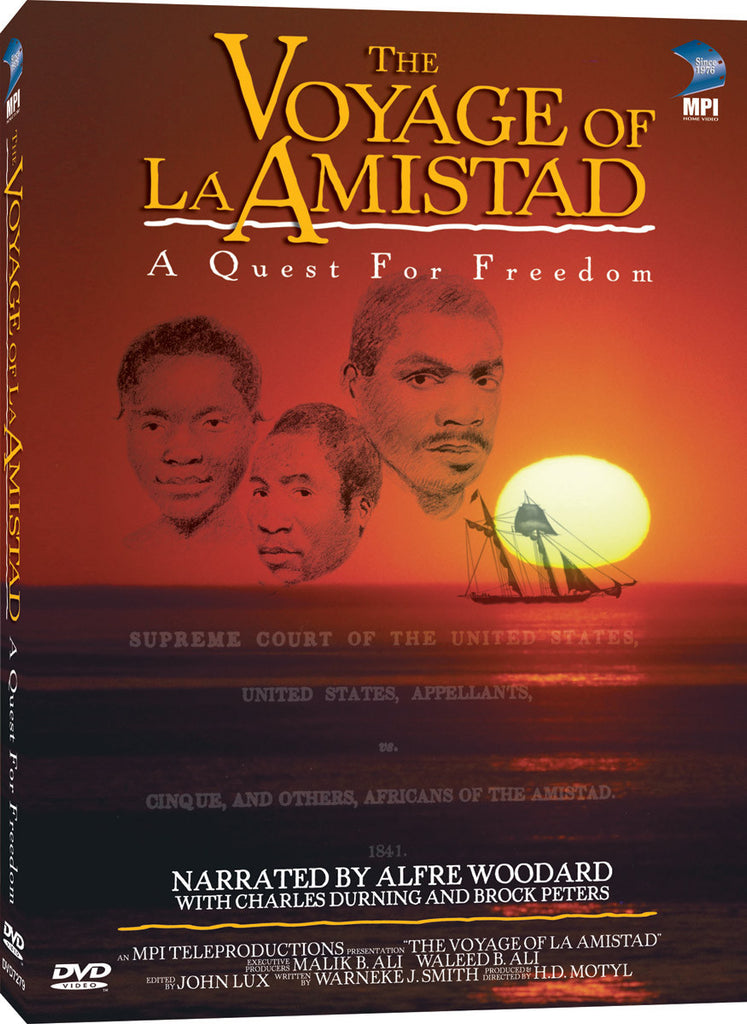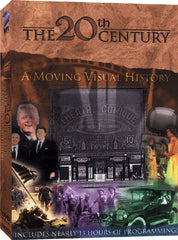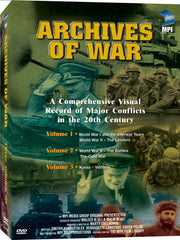Synopsis
On the morning of June 28, 1839, the schooner La Amistad set sail from Havana, Cuba, with a cargo that included 53 Africans who had been abducted from Sierra Leone and sold into slavery in violation of international law. Unaware of their fate and fearing they would be killed, the Africans revolted, sparing only two crew members to guide the ship eastward to their home.
After a two-month voyage on a zigzag course, La Amistad was finally captured at Long Island, New York, where the Africans were jailed and charged with piracy and murder. Thus began an adventure of immense historical consequences, with a legacy that continues today.
Four-time Emmy® Award-winner Alfre Woodard narrates this chronicle of the story of the abducted Africans and their battles for freedom, first on the Amistad and then as they stood trial in a strange land, taking their case all the way to the Supreme Court with various abolitionists and former president John Quincy Adams leading the way. Court documents and transcripts, letters written by the Africans and their lawyers, newspaper articles and testimony from present-day scholars painstakingly recount the history of this seldom-told historical event.
The incident is brought to life through drawings and paintings, as well as through the heartfelt interpretations of principal characters by Tony® Award-winner Charles Durning and Emmy® Award-winner Brock Peters.
After a two-month voyage on a zigzag course, La Amistad was finally captured at Long Island, New York, where the Africans were jailed and charged with piracy and murder. Thus began an adventure of immense historical consequences, with a legacy that continues today.
Four-time Emmy® Award-winner Alfre Woodard narrates this chronicle of the story of the abducted Africans and their battles for freedom, first on the Amistad and then as they stood trial in a strange land, taking their case all the way to the Supreme Court with various abolitionists and former president John Quincy Adams leading the way. Court documents and transcripts, letters written by the Africans and their lawyers, newspaper articles and testimony from present-day scholars painstakingly recount the history of this seldom-told historical event.
The incident is brought to life through drawings and paintings, as well as through the heartfelt interpretations of principal characters by Tony® Award-winner Charles Durning and Emmy® Award-winner Brock Peters.
BACK TO TOP ↑






